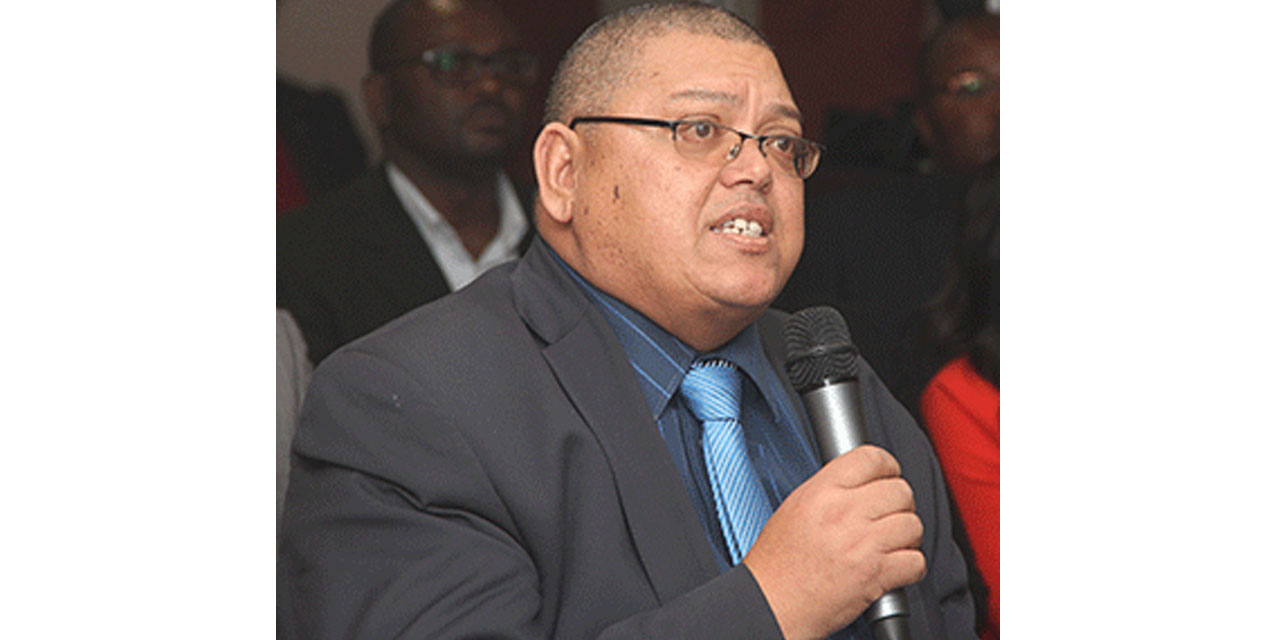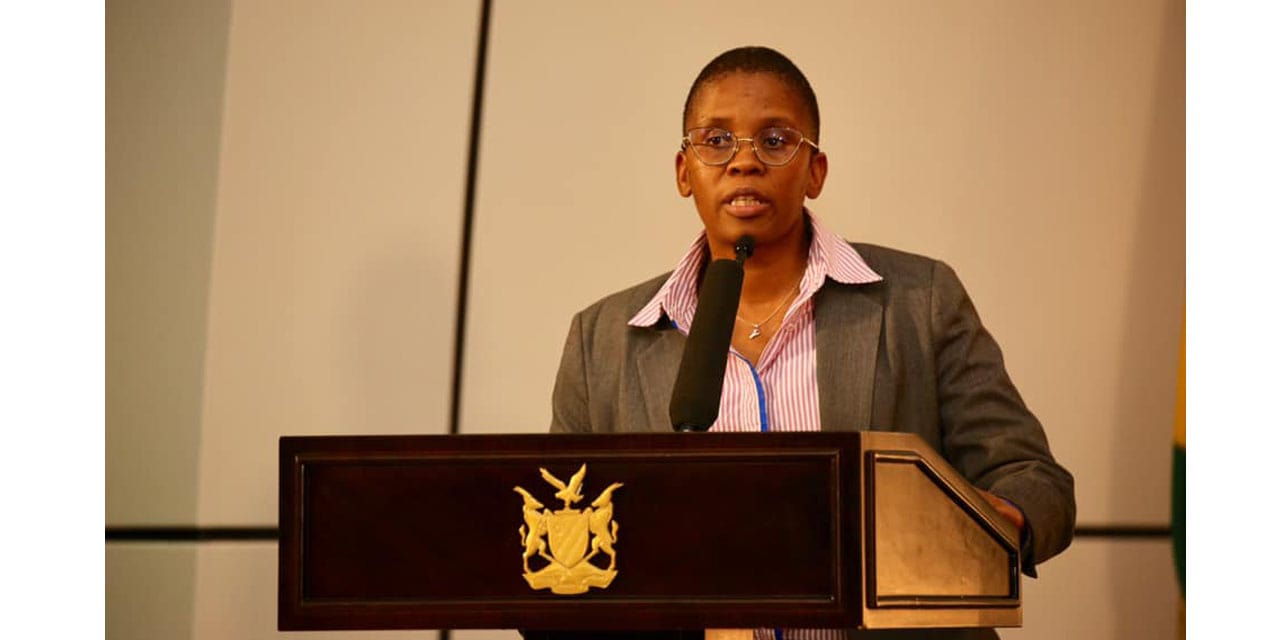Stefanus Nashama
During the engagements with the trade unions and fishing companies on Friday at Walvis Bay, the Minister of Fisheries and Marine Resources, Derek Klazen, said unions and workers are not part of the agreement signed between the fishing companies and the government.
The agreement signed between the government and the fishing companies is that of ‘the government employment redressing programme’ which aims to employ the fishermen who lost their jobs since 2015.
The agreement also included Namsov workers, who experienced job cuts after the drastic reduction of horse mackerel quota allocations, and an estimated 1 000 fishermen who lost their jobs following participation in an illegal industrial strike.
Klazen stressed that this agreement is signed with fishing companies to permanently employ a certain number of workers, adding that the fishing quotas are granted to the fishing companies to employ a certain number of employees.
He said as per the agreement, the government is working directly with the fishing companies, and not with trade unions.
“If any worker leaves, it is seen as a resignation. When a worker loses their job due to misconduct or they resign, that will mean the end of the participation,” he stressed.
Klazen and the Minister of Labour, Industrial Relations and Employment Creation, Utoni Nujoma, on Friday, were addressing some of the concerns recently raised by employees of Etosha Fishing and Tunacor Fisheries.
This comes after the employees expressed unhappiness last month about job losses, a no work no pay system, the establishment of employee trust funds and employees being handed over to labour-hire companies.
A source yesterday said the system of no work no pay should be abolished, because workers have the rights to demonstrate if they are not comfortable with the way the companies are treating them, and this should be done in a manner that workers are expected not to turn up to work or report on duty due to demonstration.
Meanwhile, Nujoma said the ministry has noted the concerns expressed by unions ((United Fishermen Federal Union and the Fish, Cannery and Reduction Plant and Allied Workers Union), however, he is still to hear from the companies, and thereafter the ministry will take up the matter.
“The ministry will engage the respective fishing companies to understand the situation better,” he said. The two ministers on Friday cautioned the fishermen that under the government employment redressing programme, the government through the Ministry of Fisheries and Marine Resources and the Ministry of Labour, Industrial Relations and Employment Creation worked hard to ensure their employment and new opportunities will not be presented if neglected.
Nujoma stressed the company’s right to hire other unemployed Namibians.
“It is allocated to try to solve the high unemployment rate. This is a gesture of the government to use the resources available for the benefit of all Namibians,” he emphasized.
An additional 212 fishermen were reported to have lost their jobs after being abandoned by Saga Seafood Namibia’s vessels Saga and Geysir.
To address this situation, the Cabinet then directed the Ministry of Fisheries and Marine Resources to address the dilemma of the affected fishermen.
In particular, the Cabinet directed the ministry to embark on a transparent public process to appoint competent companies to employ workers, which began in November 2022 with a public call for interest.
An additional 212 fishermen lost their jobs after being abandoned by Saga Seafood Namibia’s vessels Saga and Geysir.
Helgoland Fishing (Pty), Trilliant Investment CC, Iyaloo Women Investment Group (Pty) Ltd, Blue Chromis, Rukatuka Investment (Pty) Ltd, Alube Fishing (Pty) Ltd and Namfi Fishing Movebaai Joint Venture demonstrated capacity and readiness to provide the required jobs.
“These companies will soon receive letters indicating quota amounts equal to the number of jobs being provided,” Klazen said.
The government through the two ministries is expected to sign an agreement with the successful companies, and the fishermen will get paid by the end of July 2023.
The consultations with the stakeholders started on Thursday, 13 July and concluded on Friday, 14 July 2023.




